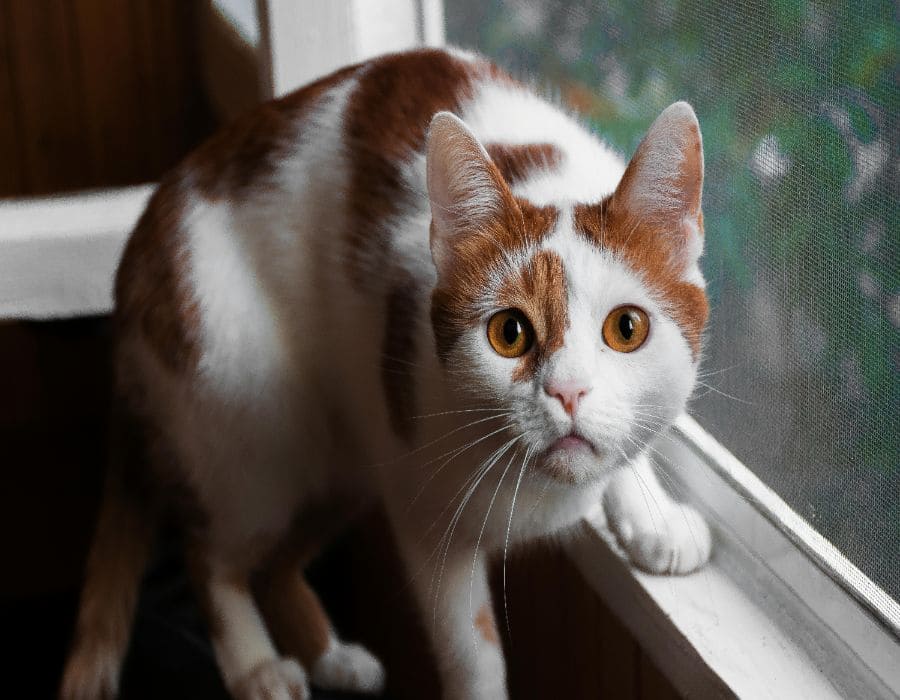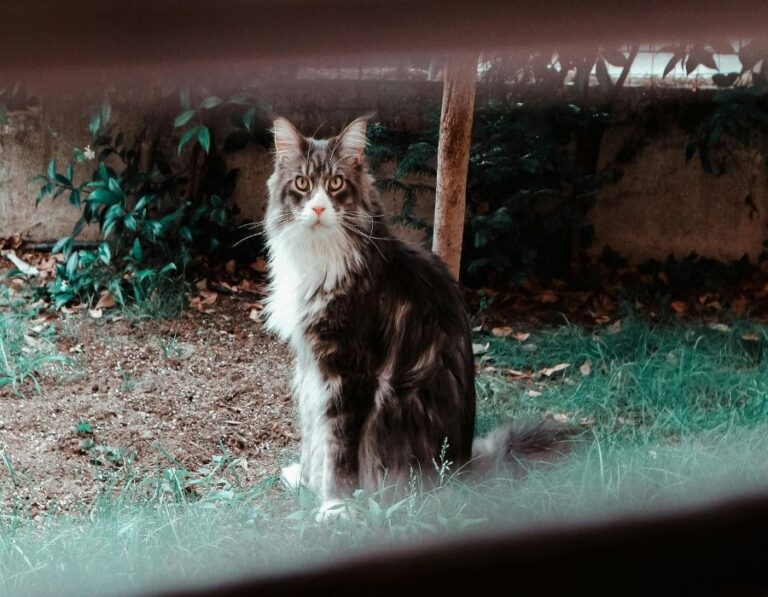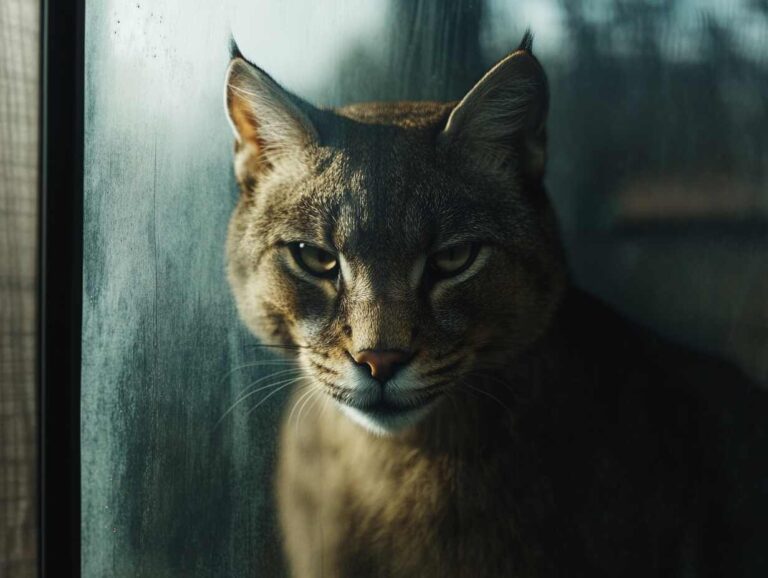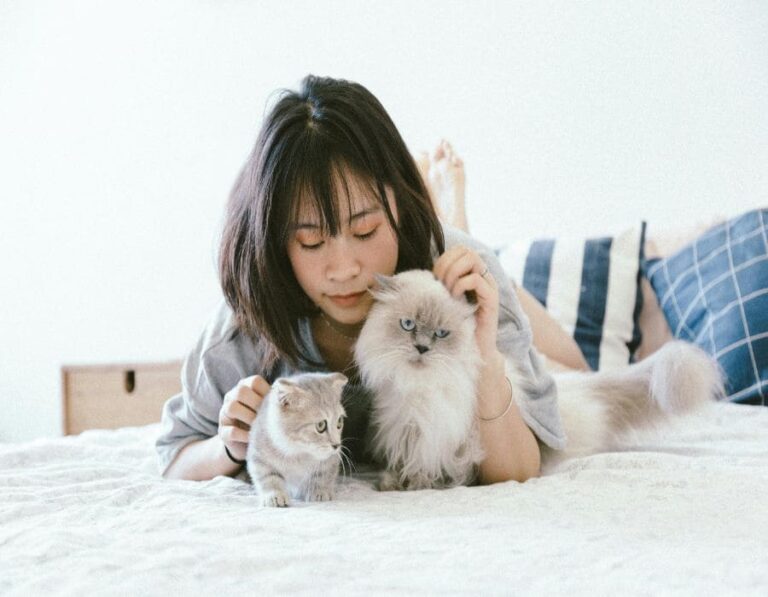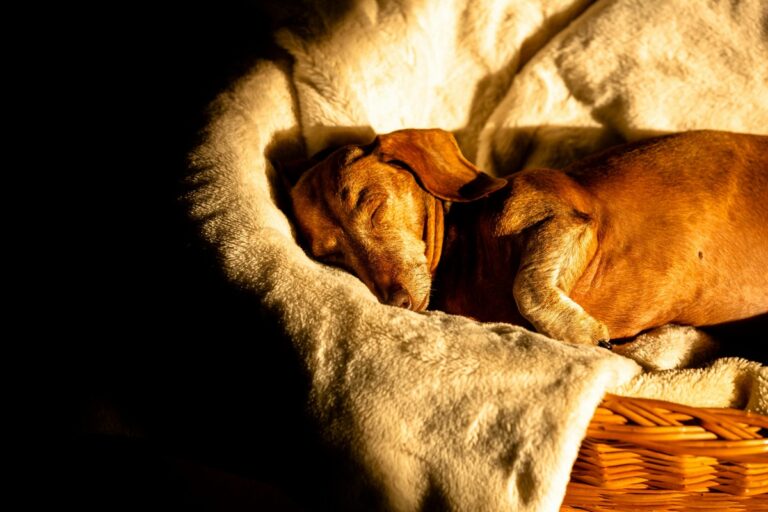12 Warning Signs Your Indoor Cat Is Secretly Depressed
Let’s be real – our indoor cats are living what looks like their best lives. But here’s the thing: sometimes that cushy indoor life isn’t quite the cat paradise we imagine it to be. Just like us humans can get the blues despite having all our basic needs met, our feline friends can experience depression even in the lap of luxury.
Indoor cats may seem content, but many face depression, showing subtle signs like excessive grooming, appetite changes, and increased neediness. Recognizing these behaviors is key to enhancing their well-being.
The Grooming Situation Goes Haywire
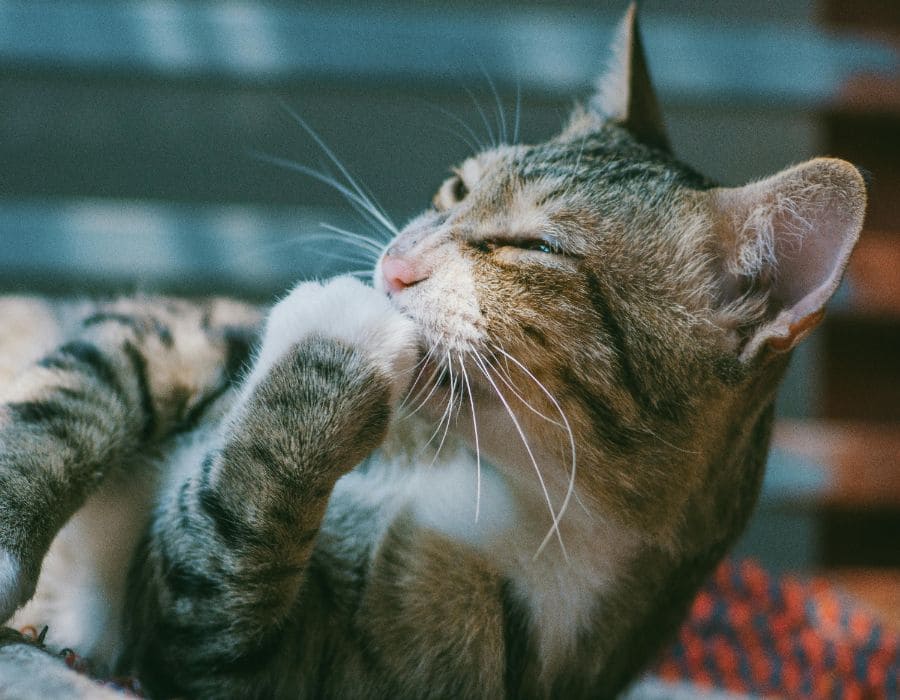
Remember how your cat used to look Instagram-ready 24/7? If they suddenly start channeling their inner hot mess – either by obsessively licking one spot until it’s bare (hello, psychogenic alopecia) or giving up on grooming altogether – something’s up. It’s like when we humans stop bothering with our hair during a rough patch. Same energy, different species.
They’re Sleeping Like It’s Their Job
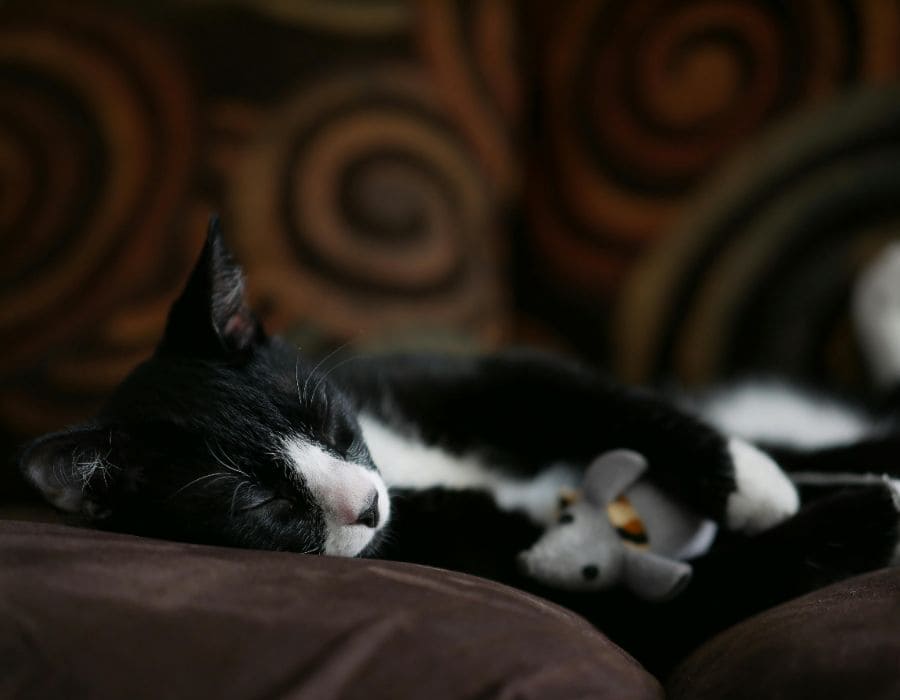
Sure, cats are professional nappers – that’s not news. But there’s a difference between normal cat-napping and “I’m going to sleep through another Netflix series” depression napping. If your usually active evening companion is suddenly zonked out during prime play time, it might be more than just a food coma from those fancy feast servings.
The Silent Treatment Gets Real
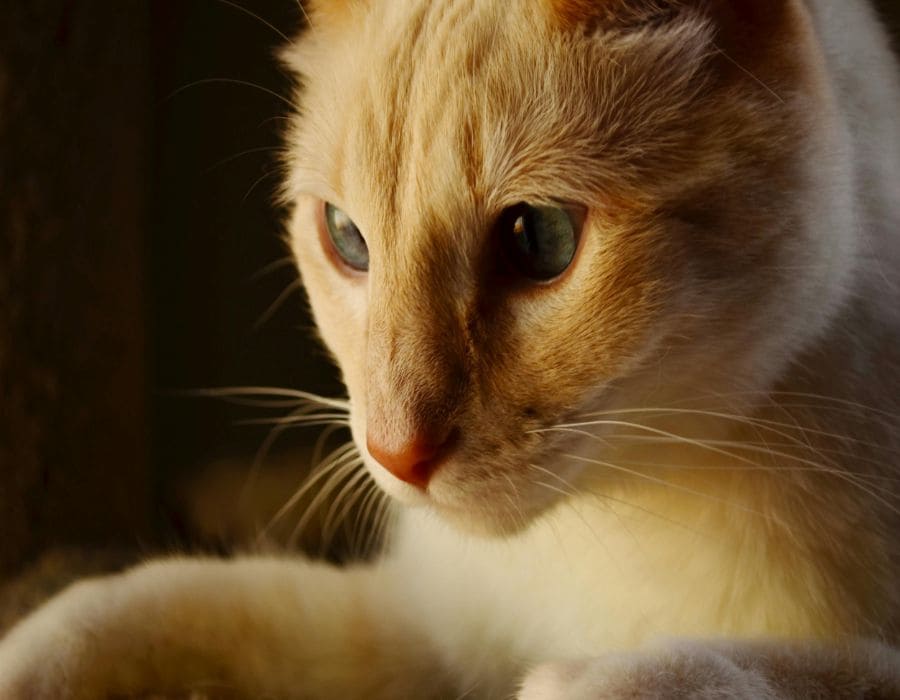
You know how your cat usually has opinions about everything? (Looking at you, 6 AM breakfast demands.) When that chatty personality goes quiet – no welcome-home meows, no purry feedback during pets, radio silence at dinner time – it’s like they’ve lost their zest for communication. And no, they’re not just giving you the cold shoulder because you bought the wrong brand of treats.
Their Relationship with Food Takes a Turn
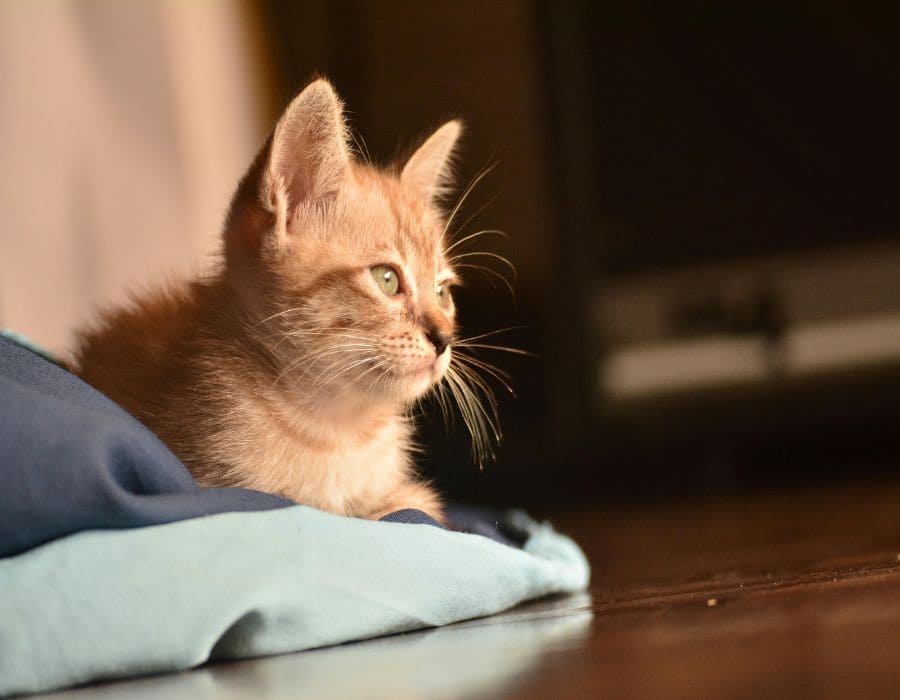
Just like stress-eating through a bad breakup or losing your appetite during finals week, cats’ eating habits can be emotional weather vanes. If your usually food-motivated friend starts turning up their nose at meals, or if they’re suddenly eating like they’re carbo-loading for a marathon, it’s time to pay attention.
They’ve Become a Professional Hide-and-Seek Champion
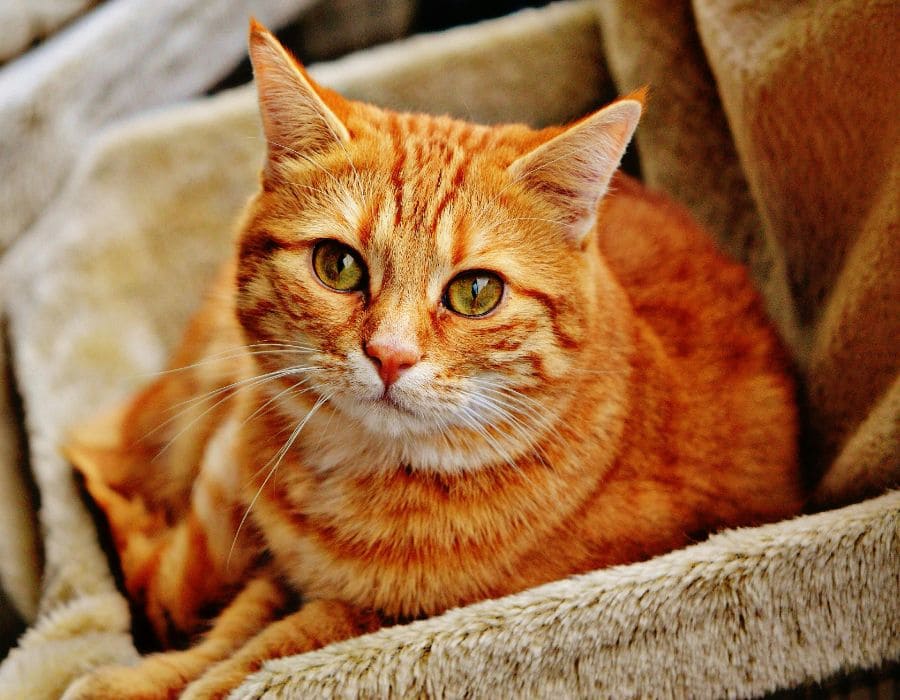
A little alone time? Normal. Turning into a full-time recluse who treats under-the-bed like their personal bunker? Not so much. If your social butterfly has morphed into a permanent hermit, refusing to emerge even for tuna (the good stuff!), they might be dealing with some heavy feelings.
The Litterbox Becomes Optional Territory
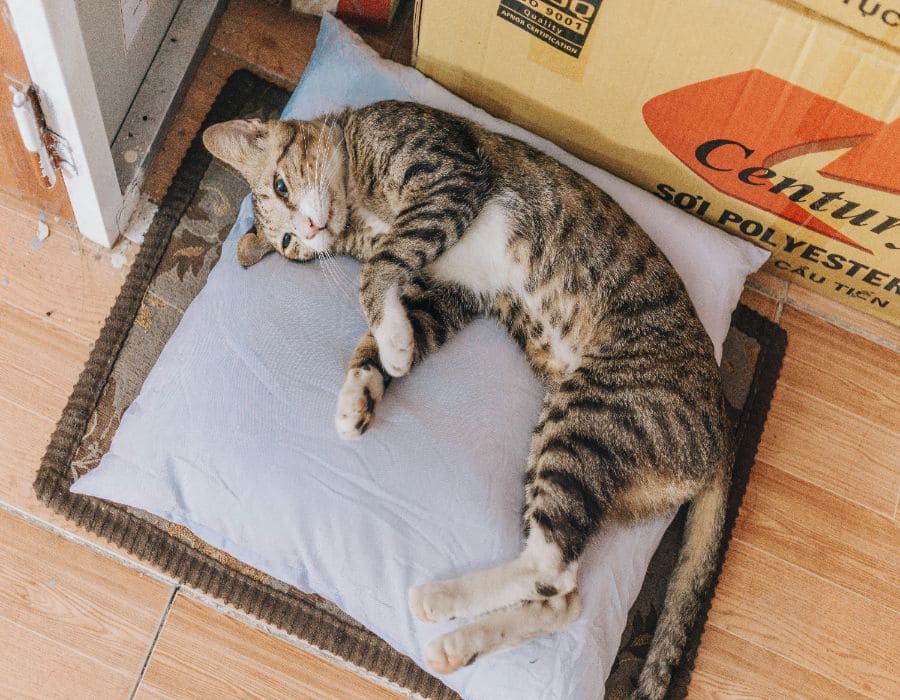
Let’s talk about the elephant in the room – or rather, the surprise outside the litterbox. When your previously perfect potty-trained kitty starts having “accidents,” it’s not them being petty about that time you were 10 minutes late with dinner. It’s often a red flag that they’re not feeling their best emotionally.
Destructive Behavior Enters the Chat
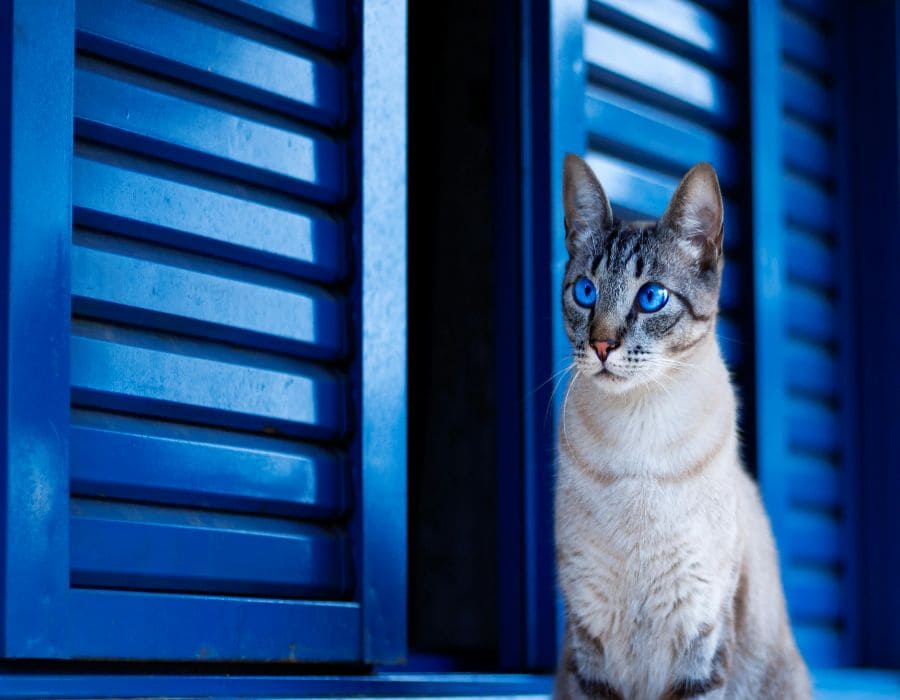
Suddenly your cat’s acting like they’re auditioning for “Cats Gone Wild” – shredding the couch, knocking over everything not bolted down, maybe even getting snippy with their favorite humans. This isn’t them being a jerk; it’s their version of stress-posting on social media at 3 AM.
Playtime Becomes Meh-Time
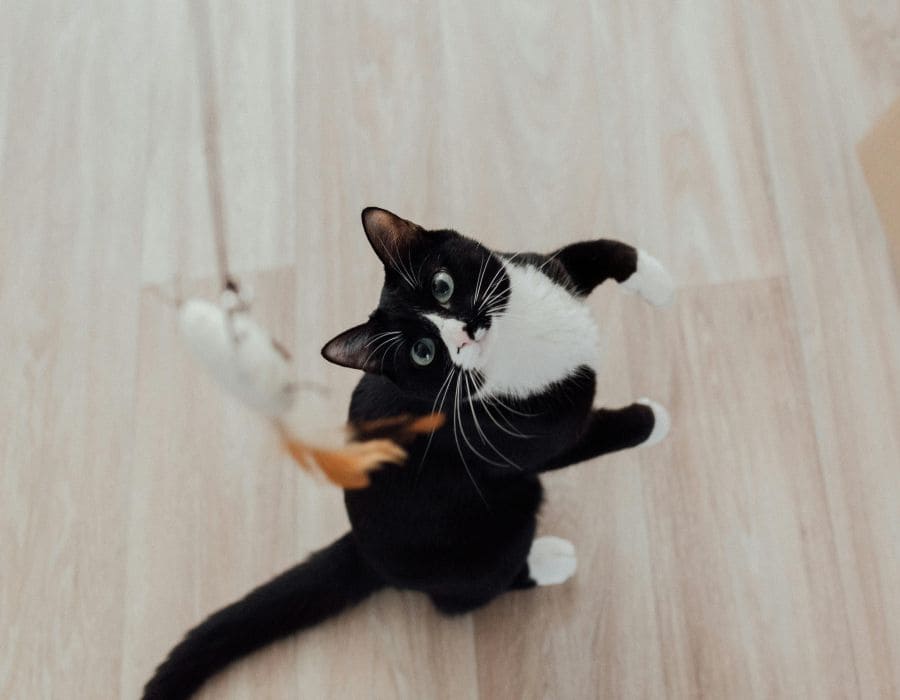
Remember when that laser pointer would send them into a parkour routine that would make Tom Cruise jealous? If they’re now looking at their favorite toys like they’re yesterday’s news, something’s off. When cats lose interest in play, it’s like a teenager saying “whatever” to everything – a sign they’re not in a great headspace.
The Attention Pendulum Swings Wild
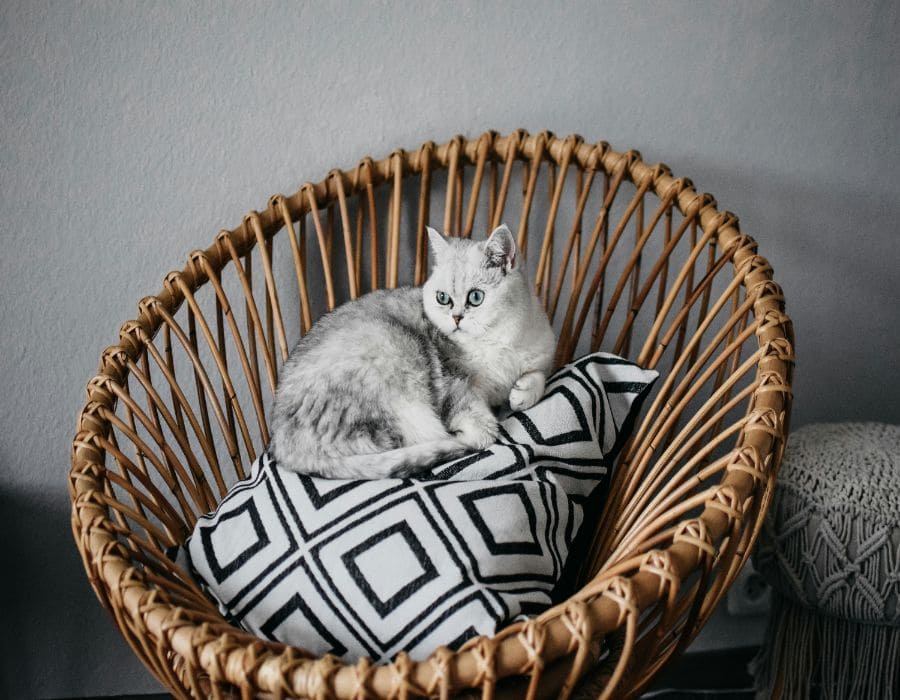
Some cats get clingy – like, “I’m going to follow you into the bathroom and stare at you” clingy. Others go full ghost mode. Either extreme is their way of saying, “Hey human, I’m not feeling like myself.” Think of it as their version of either stress-texting or leaving you on read.
Their Favorite Spots Lose Their Magic
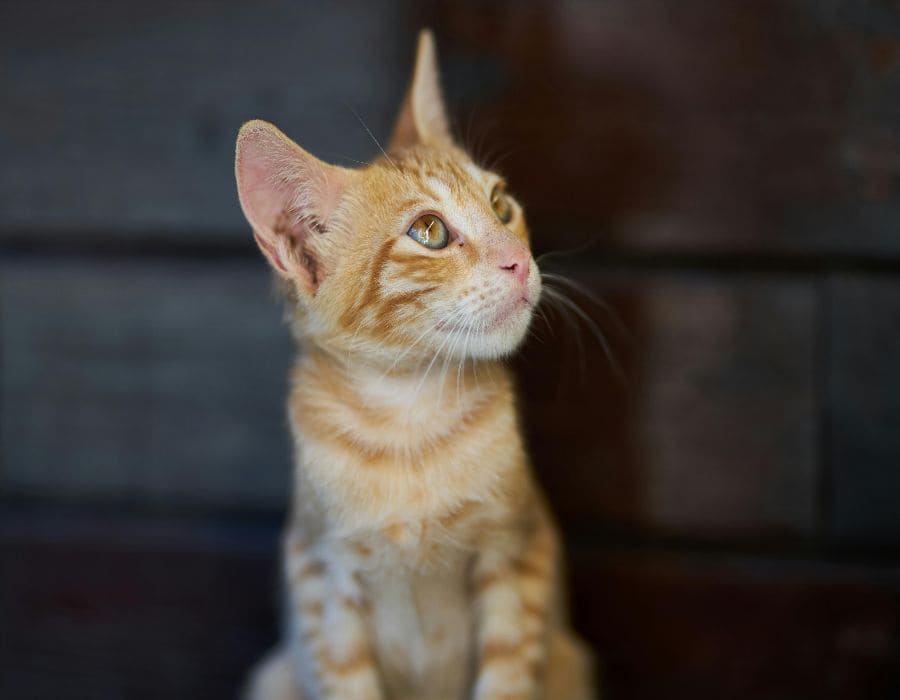
You know that sunny window perch they used to fight your other cat for? Or that specific corner of the couch that was basically their throne? When they abandon these spots like last season’s trends, it’s often because their joy meter is running low.
Increased Irritability or Aggression
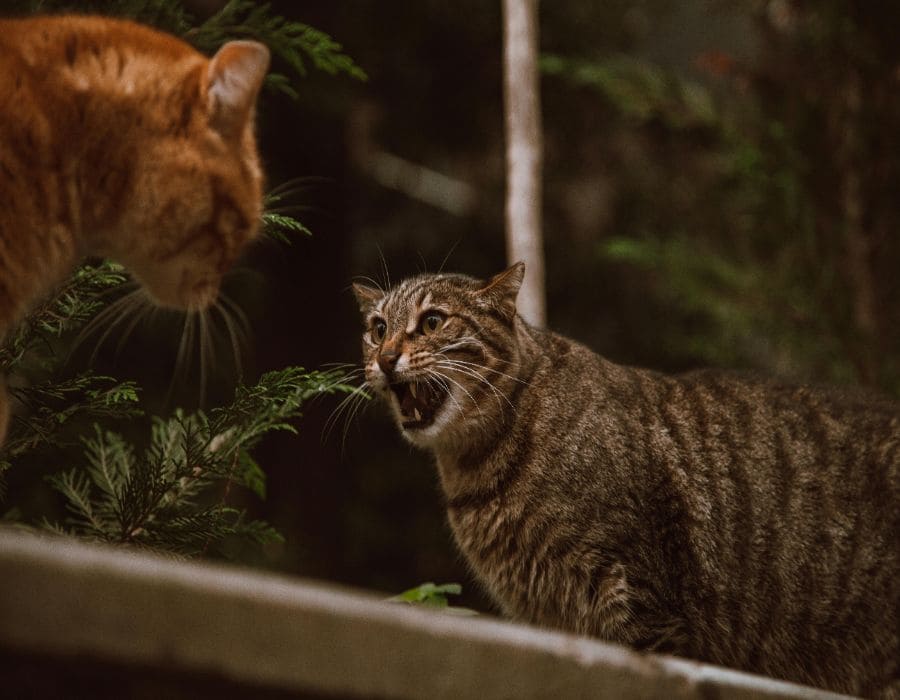
A typically gentle cat displaying sudden irritability or uncharacteristic aggression—such as hissing, swatting, or biting—may be signaling emotional distress. Depression can alter a cat’s behavior, making them more reactive to stimuli that previously didn’t bother them.
Loss of Interest in Window Watching
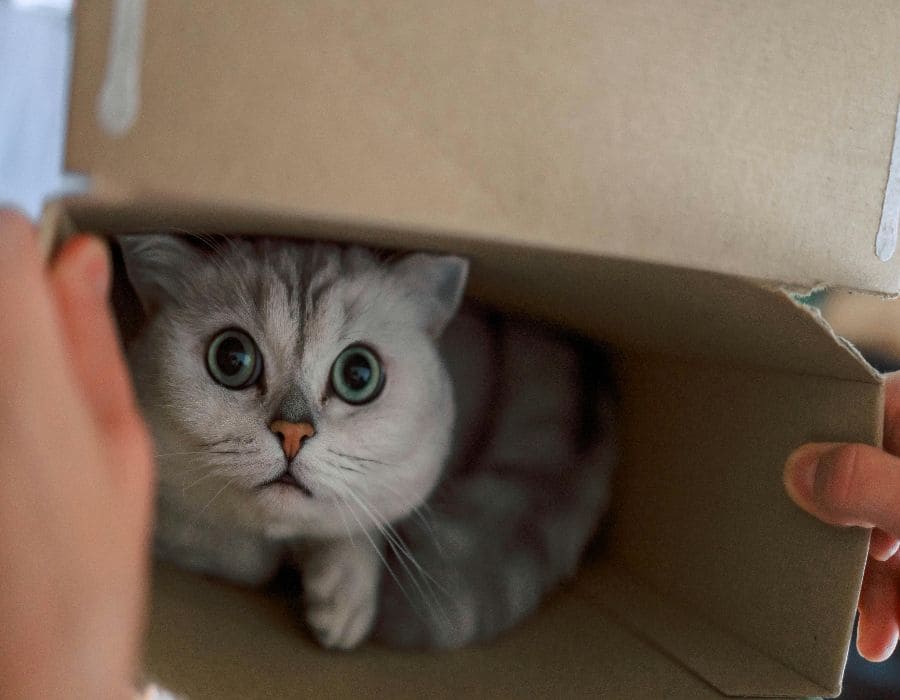
Cats often enjoy observing the world through windows, tracking birds or passing cars. If your cat suddenly loses interest in this daily routine, it could indicate a drop in mental stimulation or emotional well-being — a red flag for depression.
Conclusion
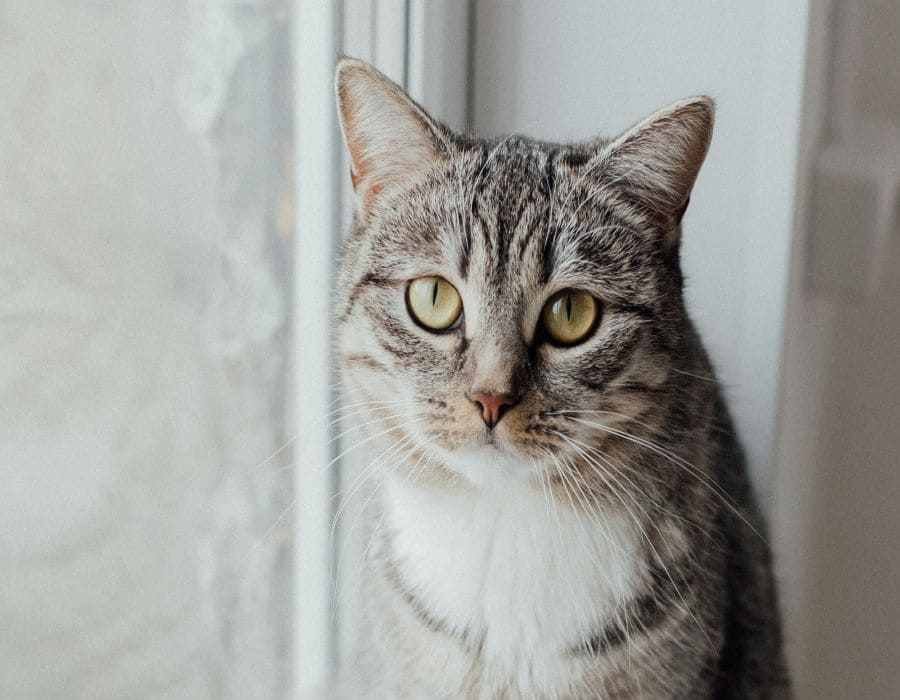
Here’s the deal: if you’re noticing several of these signs hanging around, it’s time to call in the pros. Your vet can rule out any physical issues and might suggest ways to jazz up your cat’s indoor world. Sometimes it’s as simple as adding some vertical space or interactive toys; other times, they might need a little medical help to get their groove back.

